Obsidian Entertainment, known for their narrative-driven RPGs, faces a unique challenge with “Avowed.” It’s not a direct sequel to an existing game in the same way “Pillars of Eternity II: Deadfire” followed the first game. Instead, it’s a spiritual successor, carrying the DNA of Obsidian’s past work – particularly the Pillars universe – but forging its own distinct identity. This article delves into how Obsidian is approaching this delicate balancing act, blending familiar elements with fresh ideas to create a compelling experience that honors their legacy while carving a new path. We’ll explore the “who” (Obsidian Entertainment), “what” (Avowed, a first-person fantasy RPG), “when” (anticipated release), “where” (the world of Eora, but a new region), and “why” (to build upon their strengths and explore new narrative and gameplay possibilities).
Obsidian’s reputation for deep world-building, intricate character development, and player choice precedes them. They’ve consistently delivered experiences that resonate with RPG fans, often exploring morally gray areas and challenging player expectations. “Avowed” represents an opportunity for them to refine their craft, leveraging the lessons learned from previous titles while embracing the potential of a new generation of hardware. But how do you create a sequel, of sorts, without directly continuing a specific story? This is the puzzle Obsidian seems to be tackling head-on.
Building on a Foundation: The Pillars DNA
“Avowed” is set in the same universe as Pillars of Eternity, Eora. This connection provides a rich tapestry of lore, gods, factions, and magical systems for Obsidian to draw upon. It’s a smart move. They’ve already invested significant time and effort in creating this world, and it’s ripe with potential for further exploration.
- Shared Lore: Players familiar with the Pillars games will find themselves on familiar ground. They’ll recognize the names of deities like Eothas and Berath, understand the nuances of soul manipulation, and perhaps even encounter familiar factions. This creates a sense of immediate immersion and allows for subtle nods and Easter eggs that reward longtime fans.
- The Dyrwood’s Legacy: While “Avowed” takes players to a new region within Eora, the Dyrwood (the setting of the Pillars games) casts a long shadow. Events from those games, particularly the Watcher’s actions, likely had ripple effects across the world, creating a fertile ground for new stories. How will the consequences of the Watcher’s choices impact the narrative of Avowed? Will we see the return of familiar characters?
- A New Perspective: Setting “Avowed” in a different region allows Obsidian to showcase the breadth and depth of Eora. It’s a chance to introduce new cultures, explore different facets of the world’s history, and present fresh perspectives on the established lore. This avoids simply retreading familiar ground and keeps the experience fresh for even the most dedicated Pillars fans.
Forging a New Identity: Beyond the Pillars
While “Avowed” shares a universe with Pillars of Eternity, it’s crucial that it establishes its own identity. It can’t simply be “Pillars of Eternity 3” with a new coat of paint. Obsidian appears to be keenly aware of this, and they’re making several key choices to differentiate “Avowed.”
- First-Person Perspective: The shift to a first-person perspective is a significant departure from the isometric viewpoint of the Pillars games. This change brings players closer to the action, enhancing immersion and potentially offering a more visceral combat experience. How will this change impact the way players interact with the world and its characters?
- Focus on Action: Early gameplay footage suggests a greater emphasis on action-oriented combat compared to the more tactical, party-based system of Pillars. This doesn’t necessarily mean sacrificing strategic depth, but it does signal a shift in focus. It could broaden the game’s appeal.
- Standalone Narrative: While connected to the Pillars universe, “Avowed” is intended to tell its own standalone story. This is crucial. It allows new players to jump into the game without needing to have played the previous titles. It also frees Obsidian to explore new narrative threads and create compelling characters without being constrained by the existing storylines.
The Art of the Spiritual Sequel: A Balancing Act
Creating a spiritual successor is a delicate balancing act. Obsidian needs to capture the essence of what made their previous games great while also forging a new identity that stands on its own. Here are some key considerations:
- Honoring the Legacy: Fans of Obsidian’s work have certain expectations. They expect rich lore, complex characters, meaningful choices, and well-crafted narratives. “Avowed” needs to deliver on these expectations to satisfy its core audience.
- Expanding the Appeal: While catering to existing fans is important, Obsidian also needs to attract new players. The shift to a first-person perspective and a more action-oriented combat system could be a way to broaden the game’s appeal.
- Innovation vs. Familiarity: How much should a spiritual successor innovate, and how much should it stick to familiar territory? This is the central question. Obsidian needs to find the sweet spot between offering something new and retaining the elements that made their previous games beloved.
“Avowed” is an ambitious project. It’s a chance for Obsidian Entertainment to demonstrate their mastery of the RPG genre and solidify their position as one of the leading developers in the industry. The pieces are in place: a rich world, a talented team, and a clear vision. The question remains: can they successfully navigate the challenges of creating a spiritual sequel and deliver an experience that both honors their legacy and carves a new path?
I’m cautiously optimistic. Obsidian has a proven track record of creating compelling RPGs, and they seem to be approaching “Avowed” with a clear understanding of what makes their games special. The shift to first-person and the focus on action could be risky, but it could also be a stroke of genius. Ultimately, the success of “Avowed” will depend on how well Obsidian can balance innovation and familiarity, capturing the essence of their previous work while offering a fresh and exciting experience.
The Power of Player Choice
One of Obsidian’s strengths has always been the emphasis on player choice. Their games often present players with difficult decisions that have far-reaching consequences. I expect “Avowed” to continue this tradition, offering players a wide range of choices that impact the story, the characters, and the world itself. This emphasis on player agency is crucial for creating a truly immersive and engaging RPG experience.
The Future of Eora
“Avowed” represents more than just a new game; it’s an opportunity to expand the world of Eora and delve deeper into its rich history and lore. I’m excited to see what new stories Obsidian has to tell and how they will build upon the foundation laid by the Pillars of Eternity games. The potential is immense, and I can’t wait to see what they create.

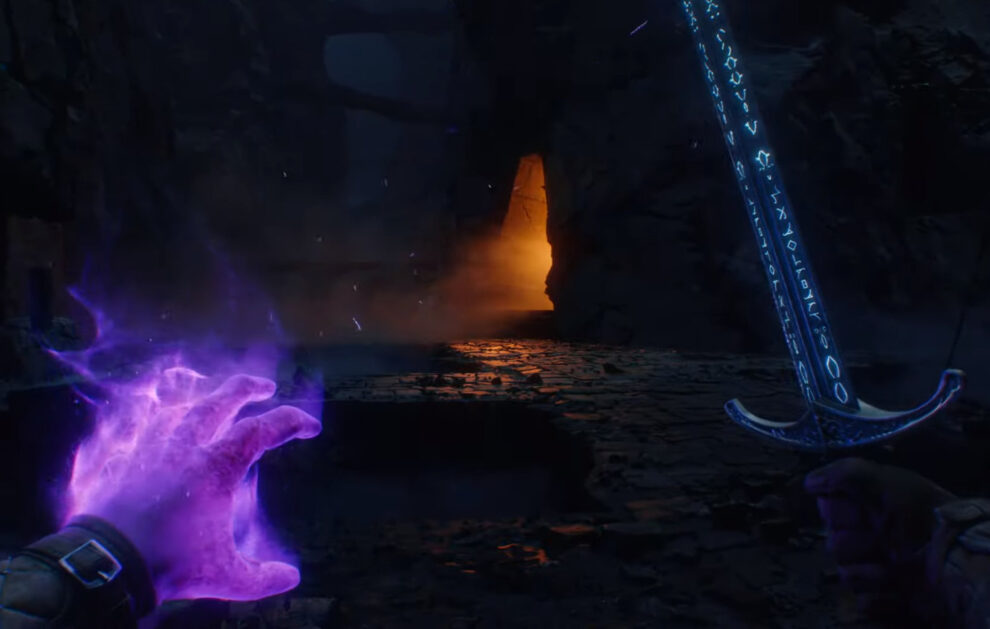

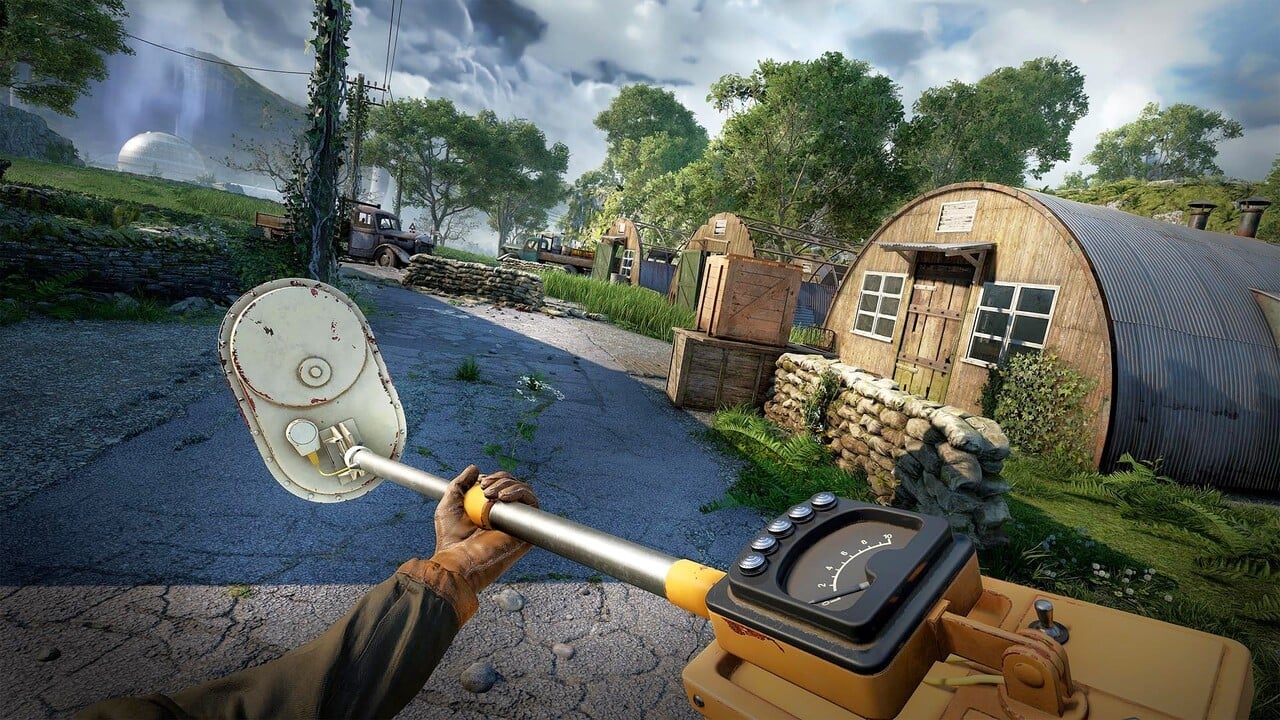
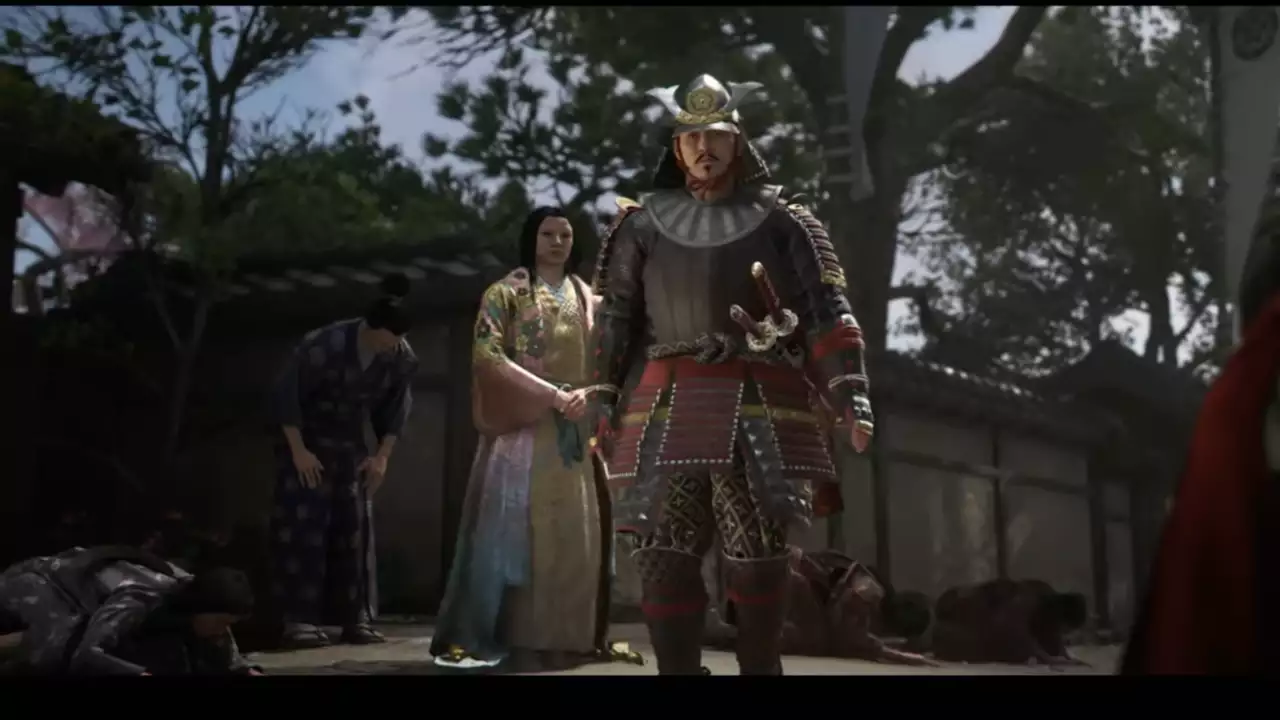


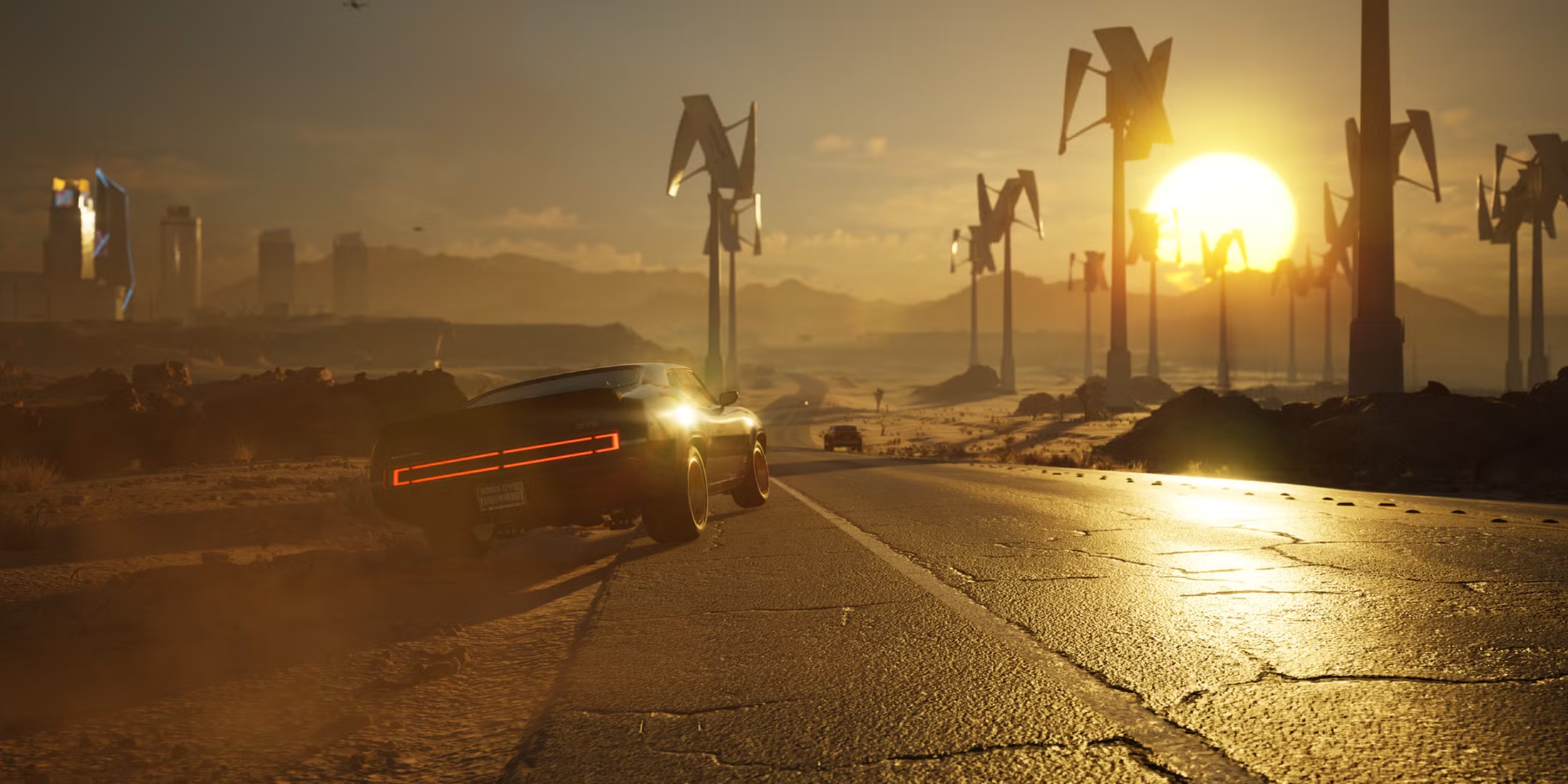

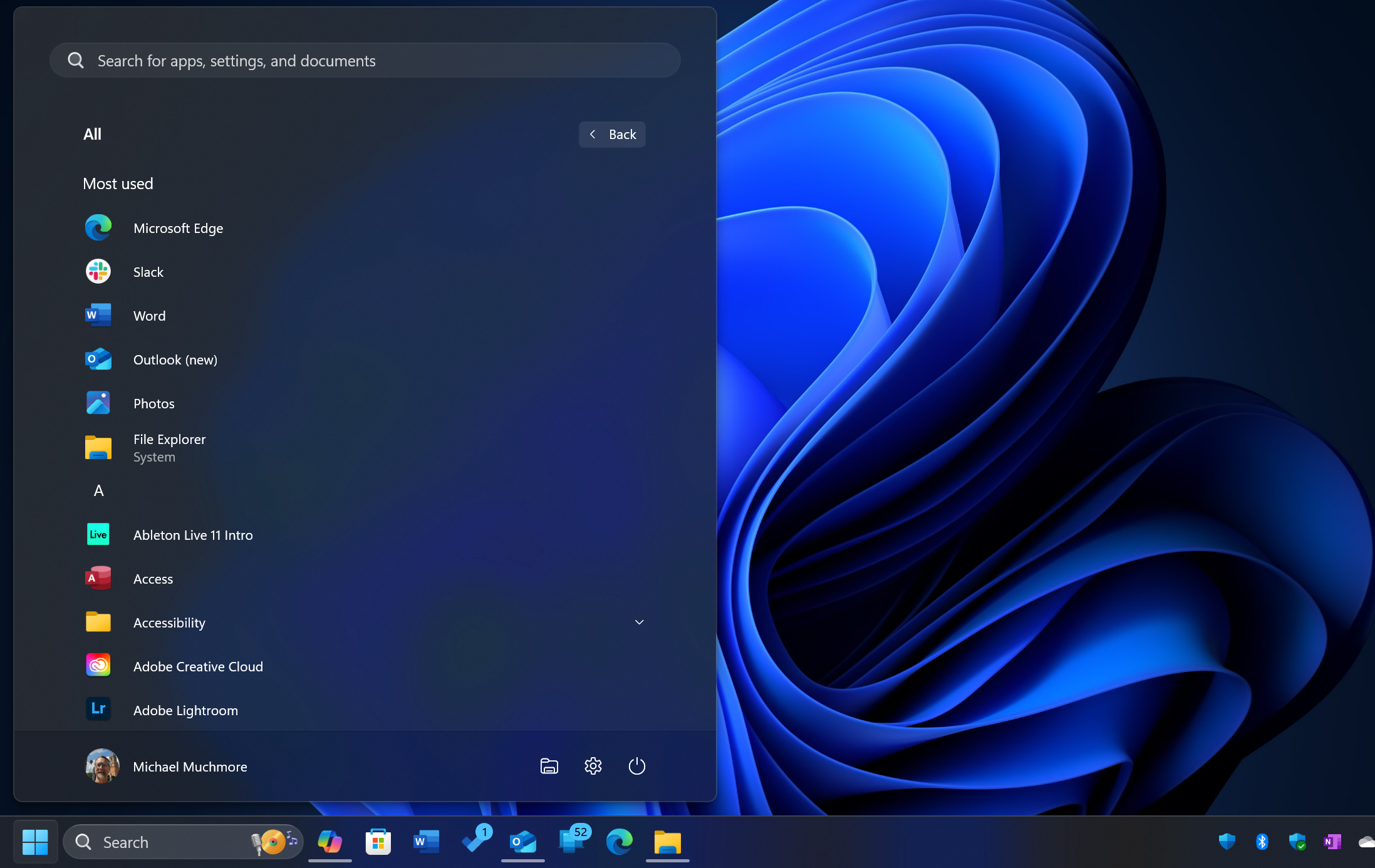
Add Comment